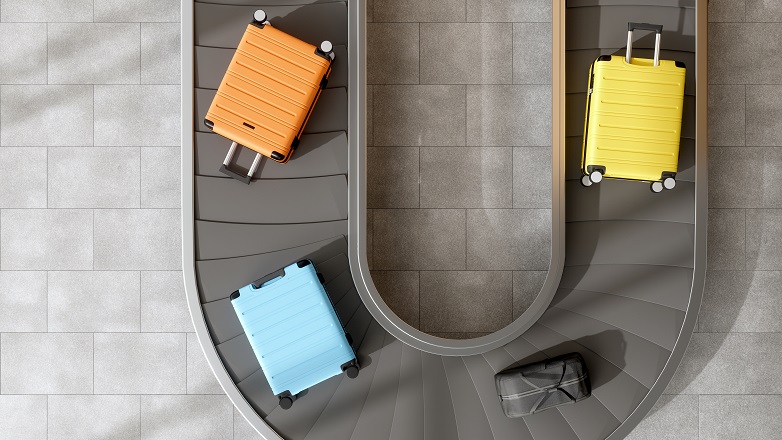New French hotel classification
French hotels are classified based on a star rating system similar to other countries. Ratings are determined by criteria that hotels must meet to qualify for a category, which are organised into a points system consisting of different types:
- Non-compensatory mandatory criteria - failure to meet these will disqualify the hotel from being classified (e.g. rooms being kept clean and in good condition)
- Mandatory criteria – obligatory, but a certain number can be compensated for by optional non-mandatory criteria. (e.g. lighting in working order in the corridors and common areas)
- Non-mandatory criteria - the hotel must meet a defined number of these of its choice to validate its category. They can also be used to compensate for the absence of certain mandatory criteria. (e.g. the existence of a working air conditioning system in the breakfast room)
The Order of December 29th 2021, fixing new rules and procedures for hotel classification, came into force on April 1st, 2022[1]. It was drafted based on the collaborative work of the French Administration (DGE) and the agency managing hotel classification in France (Atout France).
The new classification system increases the importance of environmental criteria by doubling their overall number from 13 to 27. The number of mandatory environmental criteria are quadrupled from 3 to 12. More weight is now given to considerations such as water and energy saving, recycling, waste-management, or short supply-chains, especially for restaurants[2].
Efforts have been made to be more specific on the expectations surrounding mandatory green criteria. For example, while only awareness of waste management, water and energy saving were mandatory under the previous rules, the new criteria urge hotels to implement specific measures, such as the regular use of at least (i) three fair-trade or organic products or (ii) three products from French farming or short supply-chain production. These new criteria are highly valued, each being worth 5 points. In addition, training employees on water and energy saving has become mandatory and is now worth 5 points, instead of 3 under the previous rules.
Among the non-mandatory green criteria, examples include (i) the obtaining of one of the environmental labels recommended by the French environmental agency (ADEME) (5 points), (ii) the gift or low-price sale of unsold food products (3 points) (iii) the use of only washable and reusable towels and bed linen (3 points); or (iv) the existence of automatic lighting in bedrooms that switch off when clients leave the room (3 points).
In addition, the new classification has replaced obsolete criteria such as providing DVD-players or fax machines with more contemporary benchmarks like Wi-Fi connection, which is now also mandatory for 1 star classification.
Finally, the new rules add modern working practices into the classification system, such as the availability of remote and co-working spaces. Indeed, the existence of a clean workspace in good condition is worth 4 points, with 4 more granted should the workspace accommodate at least 15 people.
[1] Order of 29 December 2021 fixing rules and procedure for tourism-hotels classification
[2] Classification Table 217 to 243




